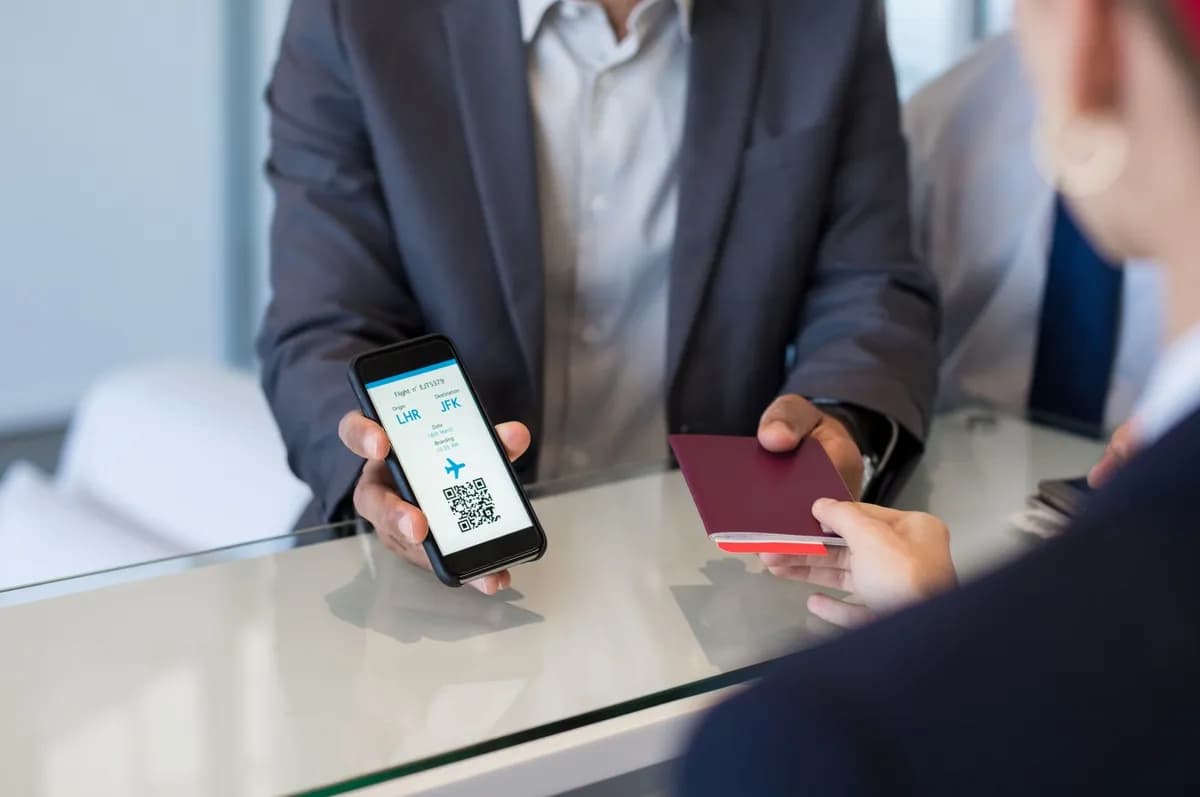As travelers seek better shopping and booking experiences, travel companies must transform both the technology powering their retailing systems and the organizational culture behind them. Recent milestones within Sabre’s Beyond NDC program demonstrate how the company is advancing new retailing opportunities across the entire travel value chain.
Today’s travelers have higher expectations than ever. They not only want personalized experiences and customizable options, but greater transparency and more convenient ways to manage their plans. To help travel companies meet these expectations, Sabre is accelerating its Beyond NDC program, which enables third-party travel retailers to sell personalized offers and real-time content.
“Since January, the Sabre team is proud to have launched New Distribution Capability (NDC) offers from American Airlines, United Airlines, Finnair, and most recently Lufthansa Group in a soft launch capacity,” said Kathy Morgan, vice president of NDC and airline supply at Sabre. “We’re now focused on collaborating with the airlines to encourage travel agency adoption. We hope this news makes agencies take notice that NDC is no longer an experiment — it’s here.”
In April, American Airlines made headlines as it embarked on this transformation. The airline is now providing NDC offers through Sabre’s global distribution system, reserving upwards of 40 percent of its fares for NDC-powered channels and direct booking channels. SkiftX spoke with Morgan to examine the business case for transitioning to NDC-enabled retailing and to understand how to navigate the associated challenges.
The Case for Transitioning to Offer and Order Retailing
“An offer and order framework is foundational to modern retailing,” Morgan said. “Other industries such as entertainment, online shopping, and finance already use an offer and order framework, utilizing data insights, cloud computing, and artificial intelligence to give consumers valuable, relevant, and seamless experiences. This is what the airline industry needs to meet the expectations of today’s travelers.”
With offer and order retailing supported by NDC, airlines create various offers in real time. These offers may include products and services like seat selection, extra leg-room, or Wi-Fi. Longer term, these offers may expand to products not traditionally sold by airlines, such as hotel add-ons and other extras that can be bundled together seamlessly by third-party retailers based on travelers’ needs.
By gaining access to a broader selection of offers from airlines, travel retailers can support the needs of different types of travelers, as well as create new cross-sell and upsell opportunities for travel agencies. Payment, settlement, delivery, and reconciliation processes are consolidated and streamlined via orders.
“Not only does NDC open the door to more retailing opportunities for airlines, but it also enhances personalization and choice for travelers when shopping for travel and managing trips,” Morgan said. “Sabre’s overarching strategy is rooted in understanding these customer needs.”
The Impact of NDC-Powered Channels on the Travel Retailing Ecosystem While Sabre’s increasing number of NDC-integrated airlines signals a growing commitment from the airline industry to embrace NDC offers and enhance travel retailing, Morgan acknowledges that many travel sellers face a change management challenge that will take time and resources.
“Technology that has been optimized over decades is changing, and this change will require travel agencies to adapt or even eliminate many long-standing practices,” Morgan said. “In addition, the NDC standards remain a work in progress, so travel agencies will need to keep a lot of plates spinning. They’ll need to manage commercial, technical, and operational changes throughout their organizations.”
In terms of commercial changes, travel retailers should discuss with their partners how commercial terms may change for NDC bookings. On the technical side, the transition will not require an abrupt change, but rather a gradual
hybrid approach with traditional travel options available alongside NDC offers.
To that end, Morgan said Sabre is “integrating multiple types of content and normalizing how that content is displayed in our APIs and point-of-sale applications to make it easier for users to compare options and make informed purchases.”
Finally, when it comes to operational changes, Morgan said the most important thing to remember is that “all stakeholders in the travel value chain, including corporations, corporate booking tools, agencies, aggregators, and suppliers, must work together to prepare their systems to scale for NDC.”
Navigating the NDC Transition Path
Even as these exciting digital transformation initiatives ripple across the airline retailing ecosystem, the associated short-term challenges can be difficult to navigate.
“NDC is an industry standard, but the implementations aren’t standard,” Morgan said. “There’s tremendous flexibility and room for interpretation of the standards, which results with each one being unique.”
On managing these complexities, Morgan says her team does the heavy lifting, “from supporting multiple versions of NDC technical schemas, to accounting for country-specific tax guidelines, to integrating mid- and back-office workflow requirements, and more. Our agency point-of-sale solution, Sabre Red 360, and our online corporate booking tool, GetThere, consume the offer and order APIs to display and manage NDC offers. The Sabre NDC capabilities are built to
scale from day one.”
But not all airlines have the same strategy or pace for change. Regardless of airline decisions, Morgan said Sabre’s development work ensures the Sabre marketplace adds value for agencies no matter where the content comes from.
“Whether you’re an enthusiastic adopter of NDC — which I hope is the case — or need more time to assess NDC, we are ready to help you think through options and navigate this important industry change.”
SOURCE: SKIFT




